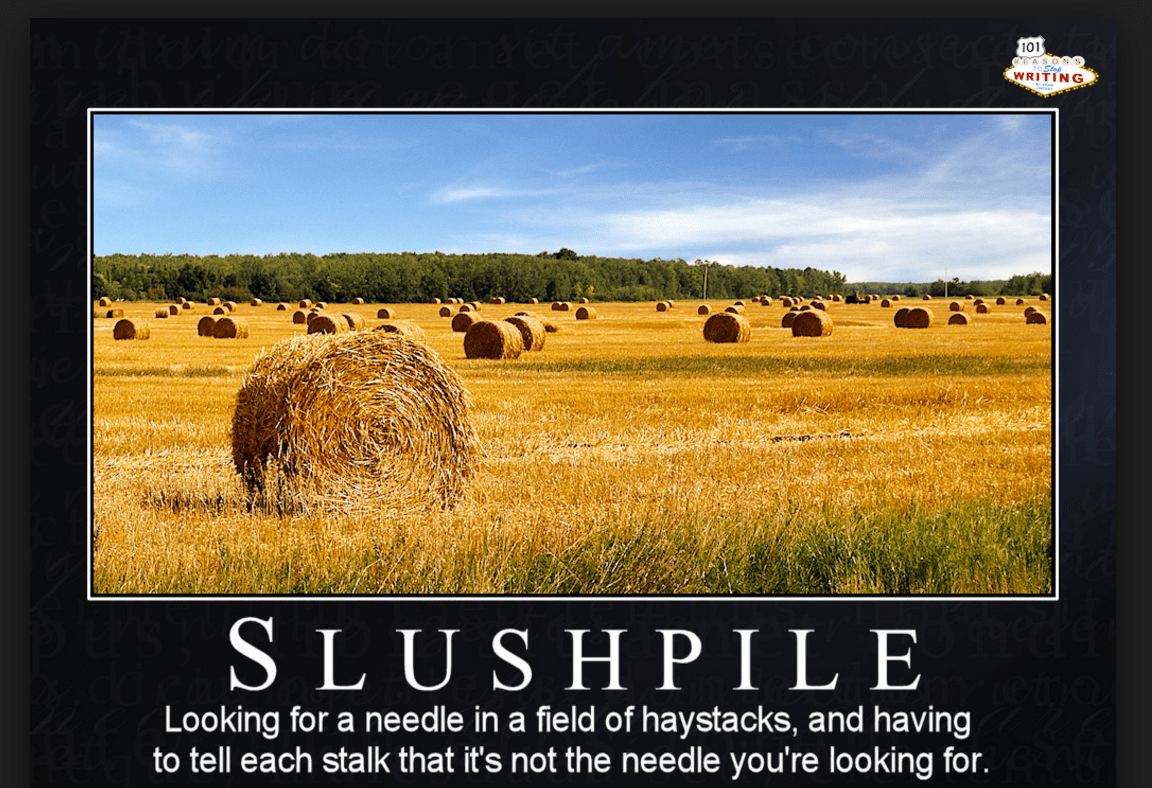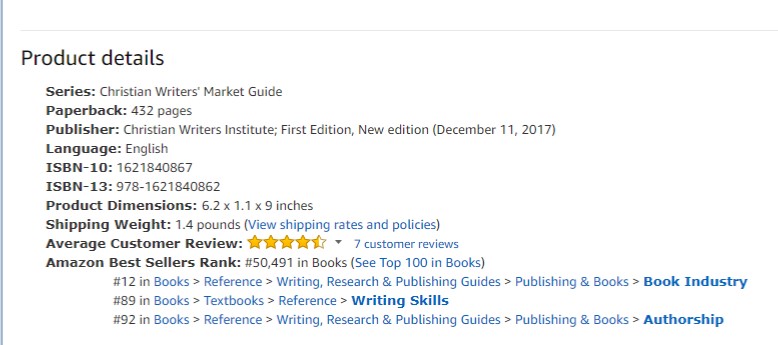A few years ago the Oxford English Dictionary (OED) added some new words to their authoritative book. What made the news is that four of the words weren’t words at all but acronyms that crept into our everyday communication via the Internet. “Words” like LOL, OMG, BFF, and IMHO.
In honor of that rather auspicious occasion I thought it would be fun to see if we can find other acronyms that should become part of our language, if for no other reason, because of their frequent use. I’ve included, with citation, a few that came from our blog readers.
Without further adieu and to alleviate your personal FOMO:
ID (It Depends) – Attributed to Steve Laube whenever he is asked a question about publishing.
IHMM (I Hate My Manuscript) – A common cry of every writer while in the midst of the creative process. Self-doubt and lack of confidence created this acronym.
WINE (Will it Never End) – Peter DeHann said this acronym comes as an outgrowth of his SOTP (Sick of This Project) declaration.
INMT (I Need More Time) – Deadlines should be carved in stone, but are often sketched in pencil. Ask any editor what frustrates them the most and missed deadlines will be in their top five.
GTMTWT (God Told Me To Write This) – A regular one claimed by authors in their proposals. Thanks to Katherine Hyde for contributing that one. She also added, MMNNE (My Manuscript Needs No Editing) and TWIRFMB (The World Isn’t Ready For My Book).
GMMM (Get Me More Money) – A universal cry for all who write for a living when talking with their agent. A variation of the infamous SMTM (Show Me the Money) quote in the movie “Jerry McGuire.” (Click the link to see what the agent does after hanging up the phone.)
DQYDJ (Don’t Quit Your Day Job) – See the above acronym.
DRTBR (Don’t Respond To Bad Reviews) – Lisa Hall-Wilson contributed this and added “Watched an author swirlie their writing career by commenting on a blog review this month. Yikes.”
HOGR (Harbinger of Grim Reality) – Pronounced “ogre.” After hearing my presentation on the state of the publishing industry at a writers conference this acronym was conferred on me by Thomas Umstattd. Despite the appellation I hired him to design this web site.
POPF (Prophet of Publishing Future) – Richard Mabry said I wasn’t a HOGR but a pop-off!
HP (Human Prozac) – Robin Caroll, Susan May Warren, and Tosca Lee conferred this acronym on me in describing my management style when working with anxious authors.
ILMA (I Love My Agent) – Ah, sweet mystery of life. The rarest of acronyms. Much more desirable than the alternate…BSP (Blood-Sucking Parasite).
BUTTPW (But I Thought the Publisher Would ______ ) – A common fill-in-the-blank phrase used by debut authors, contributed by Marti Pieper.
ISBWNRSB (I Should Be Writing Not Reading Steve’s Blog) – suggested by Sue Harrison. Now get back to work!
FSEAHS (Found Spelling Error After Hitting Send) – contributed by Christine Long.
What acronym can you create to add to our updated version of the OED?
BTW & FYI I’ll BRB w/a new blog post L8R.
[Based on a post which originally ran in March 2011]











